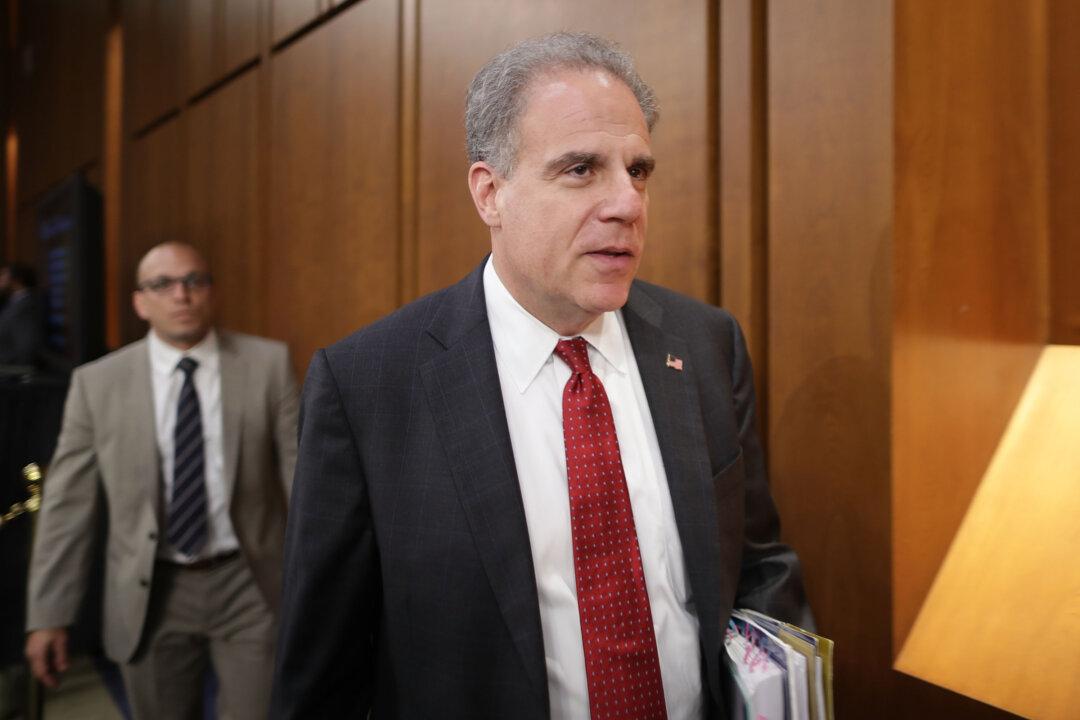Inspector General Michael Horowitz told a Senate Judiciary hearing that surveillance without a legal foundation is “illegal surveillance.”
His comment came after he accused top officials in the FBI of mishandling a flawed effort via a Foreign Intelligence Surveillance Act (FISA) court to get authority to surveil Carter Page, an American foreign policy adviser who worked on President Donald Trump’s election effort.





